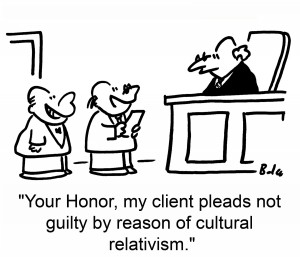Recently, I was alerted to a speech in which President Trump said: “I’m directing Department of Justice and Homeland Security to undertake all necessary and lawful action to break the back of the criminal cartels that have spread across our nation and are destroying the blood of our youth and other people, many other people.”
The word that stands out is ‘blood’ but in combination with ‘destroying’. As if it’s contaminated.
In an extensive study on how Americans and British people feel about equal citizenship, Johnston Conover, Searing and Crewe (2004) argued that people may not be able to psychologically disconnect their community experiences from the political definition of citizenship, i.e., civil rights and that the law maybe more progressive than the people. Now, post Brexit and US 2016 elections, the world seems confused about what it means to belong in a nation.
Equal citizenship is “the doctrine that all human beings are of equal moral worth and that all citizens, including minorities… should be regarded as full and equal members of the community” (JC, S & C, 2004, p. 1036). Gutmann (1992, cited in JC, S & C, 2004) argued that equal citizenship can be achieved through two pathways. One is by separating citizenship from national identity and culture (be culture blind) and adhere to the ‘rule’ that no way of life has privilege (i.e., the legal path, in this paper argued to be the ‘liberal’ path from its Latin origin Liber). Or, on the other hand, through cultural pluralism, which seeks to assure minority groups equal standing among the majority culture (be aware of cultural differences).
A third path, Johnston Conover and colleagues argue, is the communitarian model, which postulates that citizenship is learned through experiences. Unlike the liberal (see also a discussion on the cross cultural confusion about this term) path or pluralist path, communitarianism rejects accounts of autonomous or interdependent individuals because the quality of community life depends on ‘relatedness and mutuality; i.e., a system of shared meanings.
Johnston Conover et al. asked US and UK individuals questions about their conceptualisation of citizenship (rights vs duties) and what makes someone a citizen (blood ties vs assimilation). They found a distinct difference between the US and the UK, in that a membership of a nation in the US was deemed determined by (rank 1-3) residency, socialization and birth, whereas for the British participants it was birth, blood and then born and bred. When they didn’t ask about citizenship but about ‘belonging’ – then both groups agreed that residency and socialization sufficed. It would be interesting to see what would happen if Johnston Conover and colleagues would replicate their study now.
Similarly, Pehrson, Vignoles and Brown (2009) analysed existing ISPP data from 37,030 individuals in 31 countries about their national identification in terms of citizenship (civic definition), linguistic ability (cultural definition) and ancestry (ethnic definition). Among other results, they found a positive correlation between viewing national membership based on ancestry and prejudice. Just recently, The Economist shared the results of a poll of 15 nations on what defines identity and this research suggested a common language is the most important.
For my research, I used these various conceptualisations of citizenship to find out how people feel about citizenship and how an ‘other’ may attain it or lose it. There is data on Brexit, data from Dutch students and data from students in the UK. It’ll be interesting to explore the differences, especially in terms of how the ‘youth’ themselves feel about blood and, so called, destruction. Moreover, the studies contain a framework borrowed from business literature, Person-Environment Fit, which may shed more light on how varying conceptualisations of citizenship could be managed.










